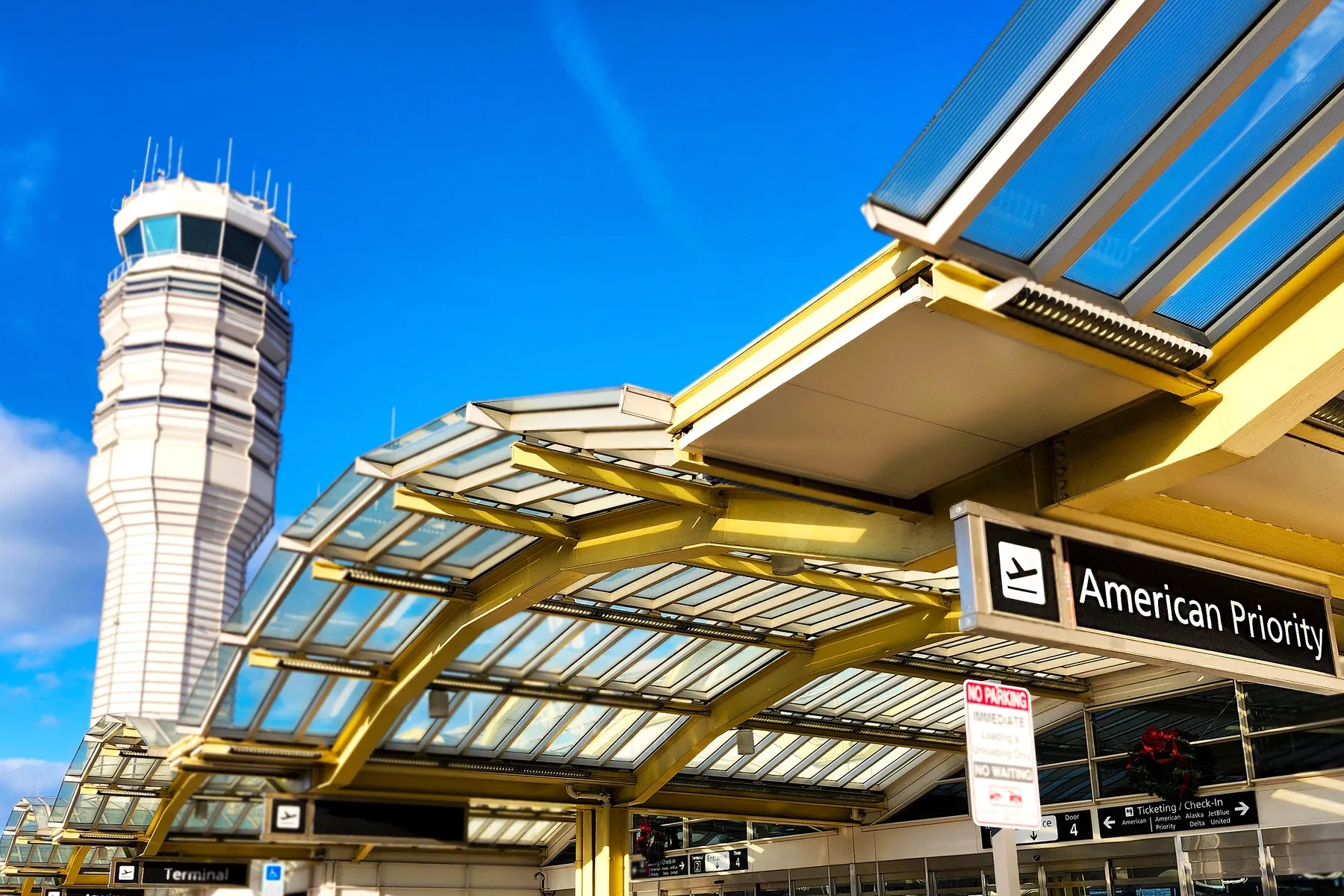There goes Atlantic City's reinvention plans: Revel to file for bankruptcy

Skift Take
Revel, the casino many people had hoped would turn around Atlantic City's sagging fortunes, said Tuesday that it will file for Chapter 11 bankruptcy protection in March, less than a year after opening.
The voluntary, pre-packaged bankruptcy envisioned for late March will wipe away about two-thirds of its $1.5 billion in debt by converting more than $1 billion of it into equity for lenders.
Kevin DeSanctis, Revel's CEO, said the restructuring will give the casino resort more flexibility to operate.
"Today's announcement is a positive step for Revel," DeSanctis said. "The agreement we have reached with our lenders will ensure that the hundreds of thousands of guests who visit Revel every year will continue to enjoy a signature Revel experience in our world-class facility."
Existing management will remain in place, no layoffs are planned, and employees and vendors will be paid as usual, the company said. The restructuring should be completed by early summer, it added.
The $2.4 billion casino never caught on as much as it had expected to, and it remained mired toward the bottom of Atlantic City's 12 casinos in terms of casino revenue. Revel had to line up two rounds of additional financing since August to keep operating.
In January, it posted its second-worst month, winning less than $8 million from gamblers. During the second and third quarters of last year, it reported gross operating losses of $35 million and $37 million.
Revel officials have been reviewing their options in recent months as the Atlantic City market continued to decline and its own revenues remained stuck in neutral. DeSanctis said the company and its lenders decided that a prepackaged Chapter 11 would be the best way to improve its balance sheet by eliminating substantial debt and increasing the changes for growth.
It is the latest in a series of recent bankruptcies involving Atlantic City casinos. Trump Entertainment Resorts emerged in 2010 from the third Chapter 11 bankruptcy that it or its corporate predecessors had filed, and the Tropicana Casino and Resort was sold that same year out of bankruptcy court to billionaire Carl Icahn.
As part of the restructuring, some of Revel's lenders will provide approximately $250 million in debtor-in-possession financing, about $45 million of which constitutes new money commitments and approximately $205 million of which is pre-petition debt. No taxpayer funds will be used to finance the restructuring, the casino said.
The company didn't identify which lenders will be part of the filing; it only said "a majority" of its lenders have agreed.
Michael Garrity, Revel's chief investment officer, said carrying less debt will help Revel operate.
"The reduction of debt service expense this agreement facilitates will greatly improve Revel's cash flow to better support day-to-day operations," he said.
Both he and DeSanctis said they are optimistic about Revel's prognosis heading into its second summer.
Revel opened in April as a potential game-changer, the first new casino built in Atlantic City since the Borgata Hotel Casino & Spa opened in 2003.
Revel was designed as a destination resort, an ambitious, risky project in a declining market. It saw itself not as a casino resort but as a resort that happened to have a casino. But the distinction seemed to have been lost on many customers, who found its restaurants and hotel rooms pricey.
The project had to overcome numerous obstacles before its opening. Three key executives working on the project died in a Minnesota plane crash in July 2008; a worker pouring concrete was struck by lightning and killed in 2011.
The project ran out of money during the recession and had to stop construction halfway through. Morgan Stanley pulled out, taking a $1.2 billion loss on the project. It only got completed with the help of state tax incentives that were approved in February 2011.
From the start, Revel did things differently. It is the only one of Atlantic City's 12 casinos that banned smoking completely. Its workforce is largely nonunion, a fact that earned it the undying enmity of Local 54 of the Unite-HERE union, representing most of the city's casino workers.
It is the only casino in Atlantic City to fully embrace the ocean, with floor-to-ceiling views of the coast that are considered a no-no in other gambling halls, where the prevailing thought is to keep gamblers focused on gambling. It eschewed bus tours and, for the most part, day-tripping gamblers, focusing much more intently on customers it could woo for two- and three-night stays, as well as business meeting and convention bookings.
Revel has more than 2,000 slot machines, nearly 100 table games, electronic tables and a poker room.
It booked some of the biggest names in show business, starting with a four-night run of Beyonce concerts in May for its grand opening weekend. It also booked Aerosmith, Kanye West and The Eagles. But even those top-name acts didn't generate enough gambling revenue to pull the casino out of a hole.
Wayne Parry can be reached at http://twitter.com/WayneParryAC
Copyright (2013) Associated Press. All rights reserved. This material may not be published, broadcast, rewritten, or redistributed.
![]()




